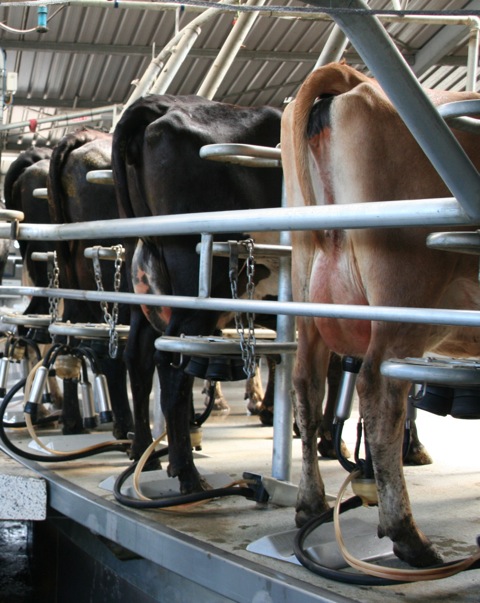While the medium term outlook for farmgate dairy prices remains positive the challenge of volatility within the sector is one that has not gone away, according to staff within the Department of Agriculture, Food and the Marine.
In response to this they cite the need for greater levels of co-operation at all levels within the industry. This must involve primary producers, the co-ops, and the banks. The requirement for the banks to provide a calibrated response, so as to moderate the impact of volatility at farm level, has been highlighted as being of specific importance within this context.
Other responses to the challenge of volatility will include the establishment of longer term, fixed price contract supply agreements involving farmers and processors. These arrangements should be backed up with similar agreements that are entered into by primary producers and suppliers.
The attainment of increased efficiency levels at farm level is regarded as another bulwark against the impact of enhanced market volatility, as is the need for the processing sector to secure higher levels of value added output.
Dublin also expects the EU to play a key role in mitigating the impact of volatility. Brussels can use aids to private storage, export refunds and intervention as market regulatory tools. The current intervention regime equates with a milk price of 21c/L. Export refunds are regarded as the least politically viable market support measure, available at the present time.
The most important response factor to volatility will, according to Department officials, be the recognition by farmers that the necessity to manage risk is part of the skill set required in managing a modern dairy farming business.
Allied to this will be the need for primary producers to focus more intently on those aspects of their business over which they have total control – in other words what happens inside the farm gate.
